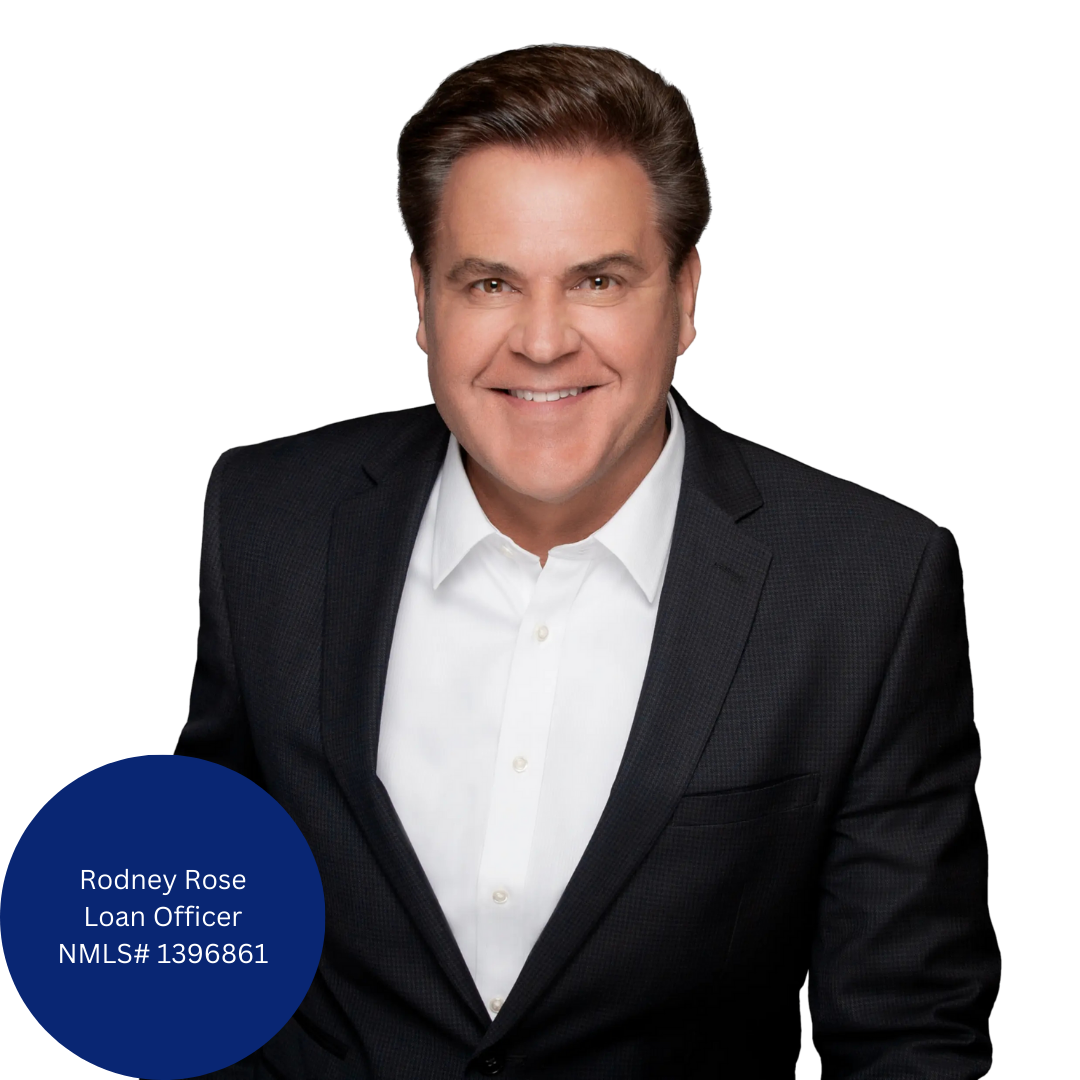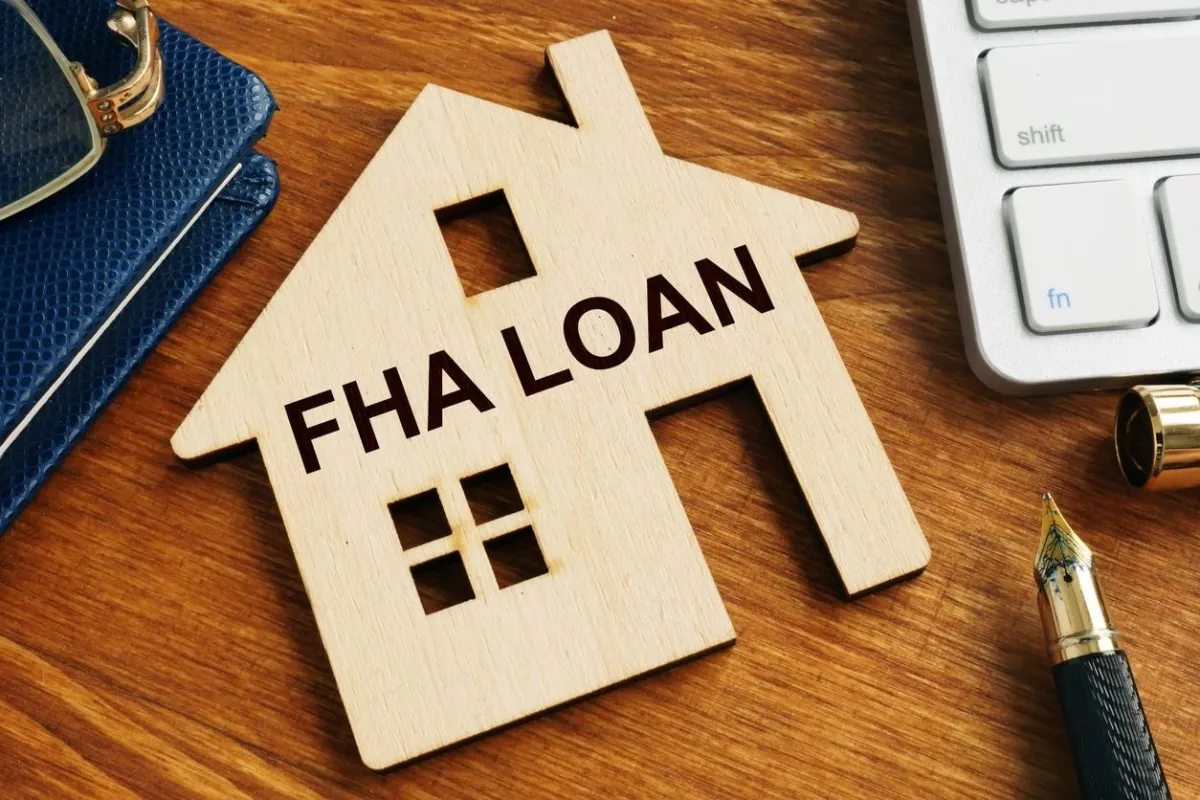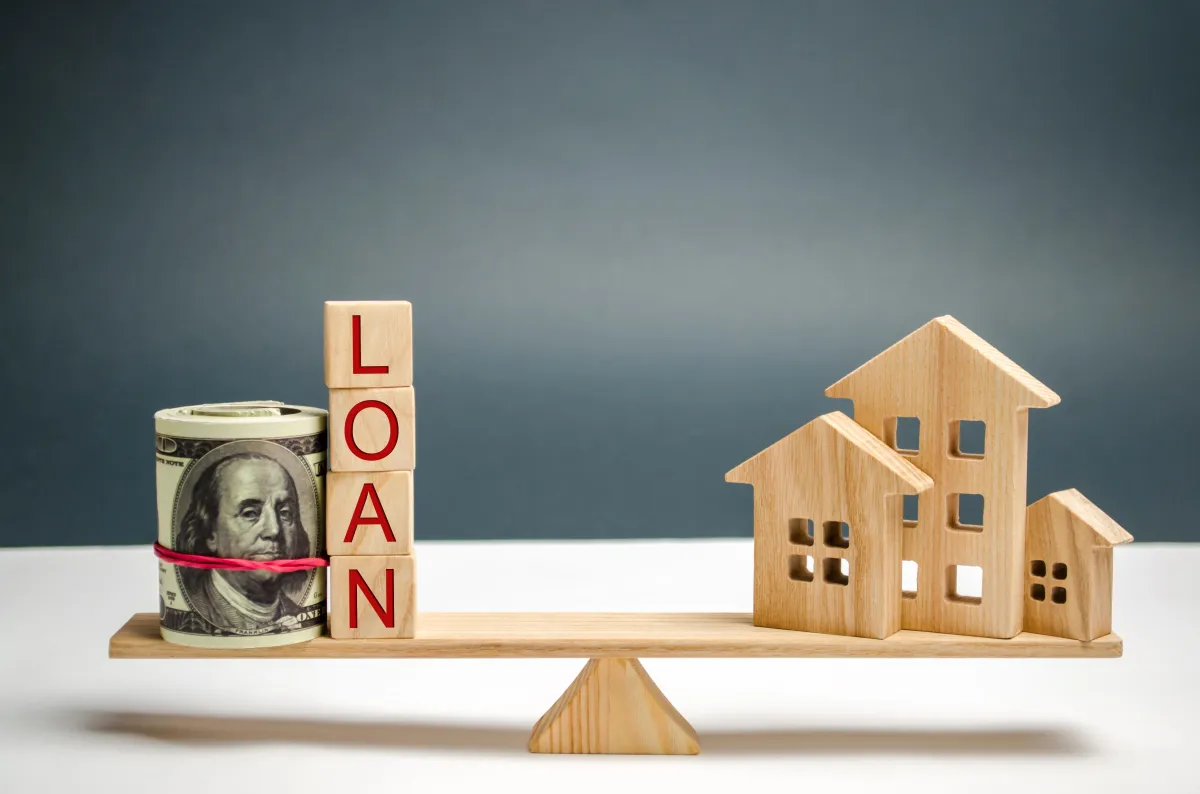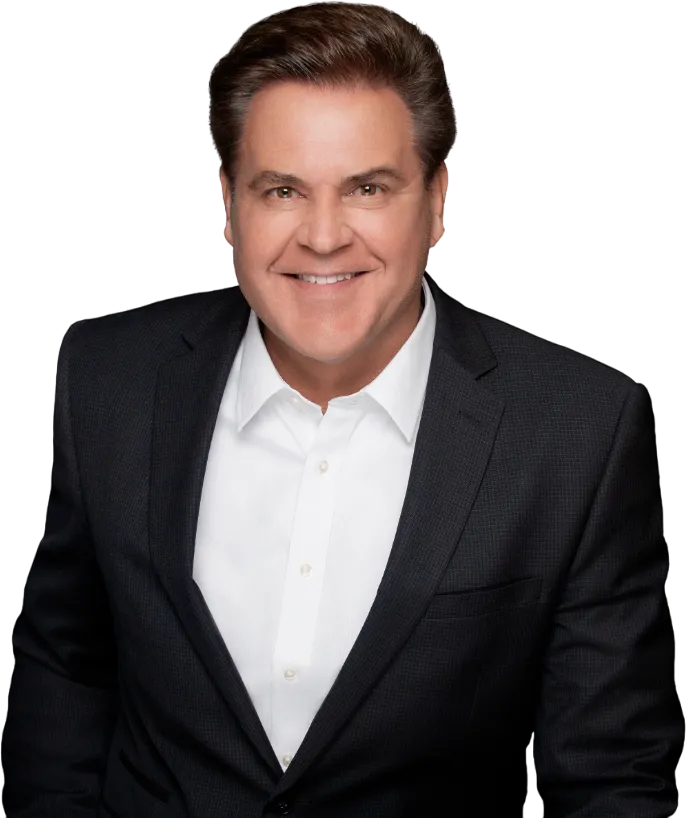Conventional Home Loans:
Smart Financing for Your Dream Home
Discover why conventional loans are the most popular mortgage option for homebuyers across America. With competitive rates, flexible terms, and lower monthly payments, find out if a conventional loan is your best path to homeownership.


What Are Conventional Loans?
Conventional loans are mortgage loans that are not insured or guaranteed by the federal government. They are available through private lenders, such as banks, credit unions, and mortgage companies.
As the most popular home loan option, conventional mortgages adhere to the guidelines set by Fannie Mae and Freddie Mac, the government-sponsored enterprises that purchase mortgages from lenders.
Key Features:
- Available in fixed-rate and adjustable-rate options
- Terms typically range from 10 to 30 years
- Minimum credit score requirements typically start at 620
- Down payments as low as 3% for qualified first-time homebuyers
- Private Mortgage Insurance (PMI) required for down payments less than 20%
Key Benefits of Conventional Loans
Conventional loans offer numerous advantages for qualified borrowers seeking the best mortgage option
Lower Down Payment Options
Conventional loans offer down payments as low as 3% for qualified first-time homebuyers.
Competitive Interest Rates
Enjoy some of the most competitive interest rates in the mortgage market, potentially saving you thousands over the life of your loan.
No Upfront Mortgage Insurance
Unlike FHA loans, conventional loans don't require upfront mortgage insurance premium payments.
Flexible Loan Terms
Choose from various term options including 15, 20, and 30-year fixed-rate or adjustable-rate mortgages.
PMI Can Be Removed
Once you reach 20% equity in your home, you can request to have the Private Mortgage Insurance removed.
Higher Loan Limits
Conventional loans offer higher loan limits compared to some government-backed loans, allowing you to purchase more expensive homes.
Conventional Loan Eligibility Requirements
Understanding what lenders look for can help you prepare for the mortgage application process
Credit Score
Minimum Requirement
620+
Preferred Qualification
740+ for best rates
Your credit score is a major eligibility factor for a conventional loan and in determining your interest rate.
Debt-to-Income Ratio
Minimum Requirement
50% maximum
Preferred Qualification
36% or lower
This ratio compares your monthly debt payments to your gross monthly income. Lower DTI ratios demonstrate better ability to manage mortgage payments.
The Conventional Loan Process
A simple step-by-step guide to getting your conventional mortgage
Get Pre-Approved
Start with a pre-approval to understand your budget and show sellers you're a serious buyer. We'll review your credit, income, and assets.

Find Your Dream Home
Work with a real estate agent to find a home that meets your needs and falls within your pre-approved budget.

Submit Your Application
Complete a full mortgage application and provide all necessary documentation for underwriting.

Processing & Underwriting
We'll verify your information, order an appraisal, and ensure all requirements are met for loan approval.

Close On Your Loan
Review and sign your final loan documents, pay your closing costs, and receive the keys to your new home!

How Do Conventional Loans Compare?
See how conventional loans stack up against other popular mortgage options
| Feature | Conventional | FHA | VA | USDA |
|---|---|---|---|---|
| Minimum Down Payment | 3-5% | 3.5% | 0% | 0% |
| Minimum Credit Score | 620+ | 500+ | No minimum (620+ typical) | 640+ typical |
| Mortgage Insurance | PMI required if down payment is less than 20% (can be removed) | Upfront MIP + Annual MIP (cannot be removed for most loans) | Funding fee (no monthly MI) | Upfront guarantee fee + Annual fee |
| Property Type Restrictions | Primary, secondary, investment | Primary residence only | Primary residence only | Primary residence in rural areas only |
| Income Limits | None for standard loans | None | None | Limited to moderate incomes |
Frequently Asked Questions
Get answers to common questions about conventional loans
What is the difference between a conforming and non-conforming conventional loan?
How much of a down payment do I need for a conventional loan?
What credit score do I need to qualify for a conventional loan?
Can I use gift funds for my down payment on a conventional loan?
How long does it take to get approved for a conventional loan?
What is Private Mortgage Insurance (PMI) and can it be removed?
What are the current conventional loan limits?
Can I refinance an FHA loan to a conventional loan?
Ready to Take the Next Step Toward Homeownership?
Let us help you navigate the conventional loan process and find the perfect mortgage solution for your unique situation.

























